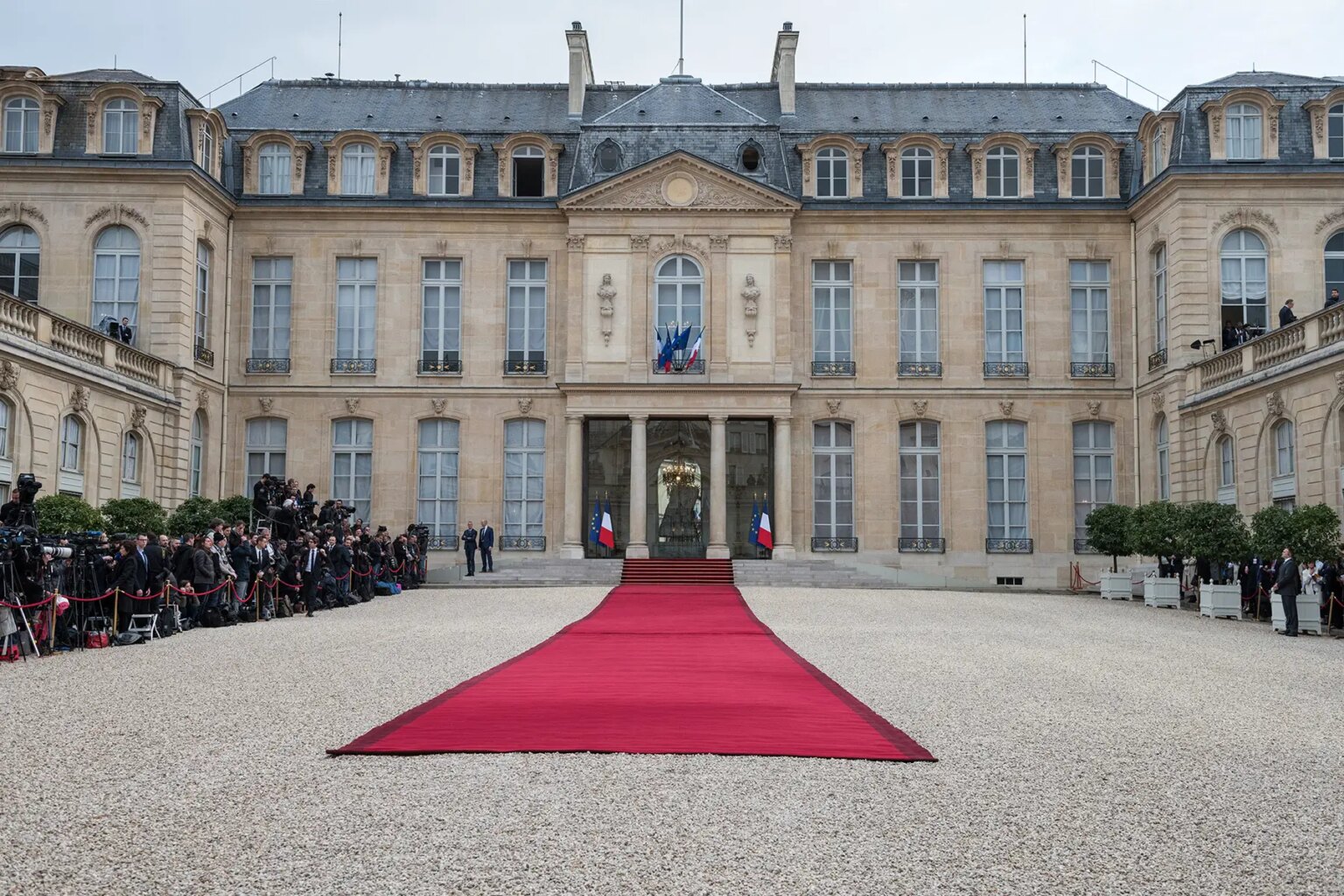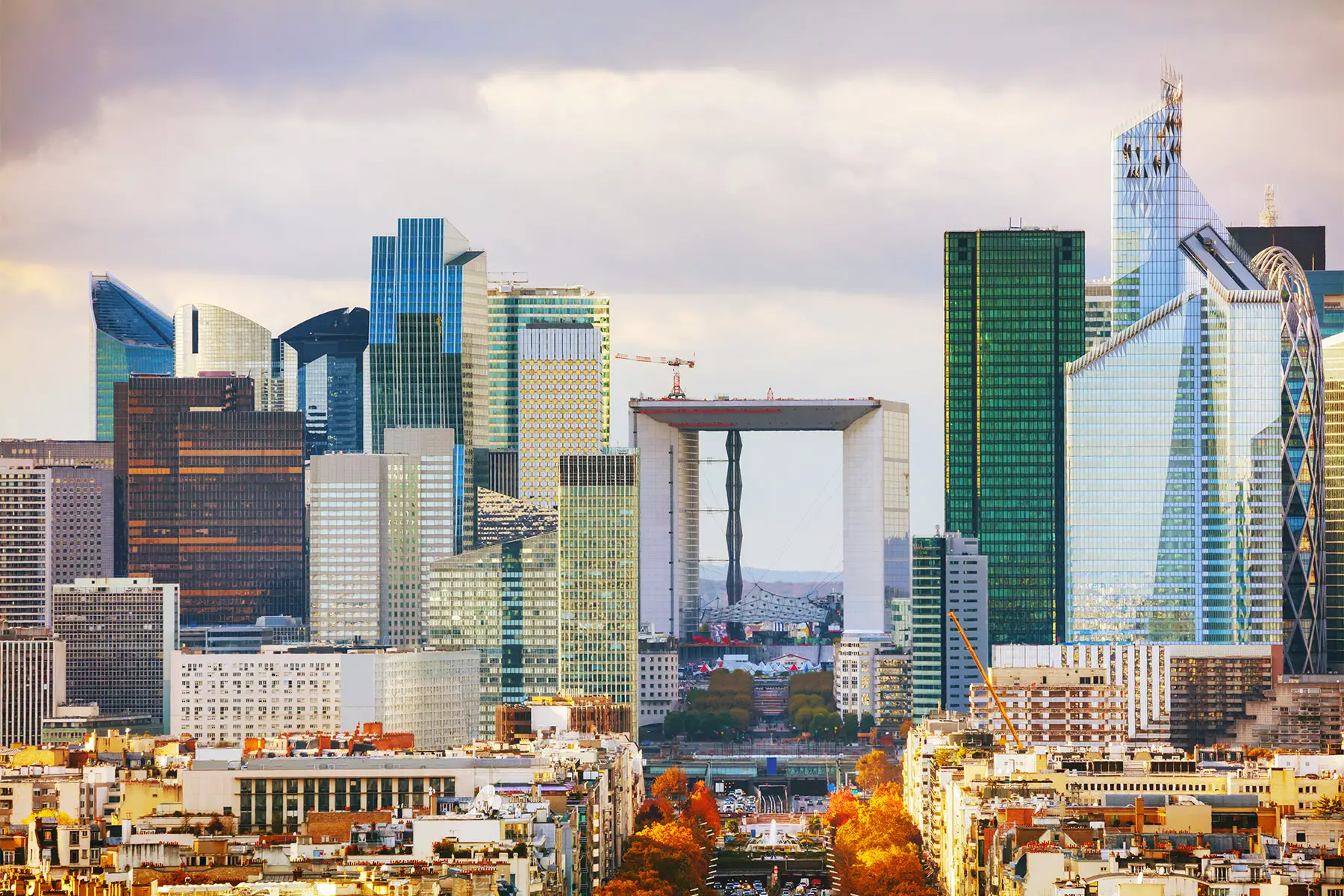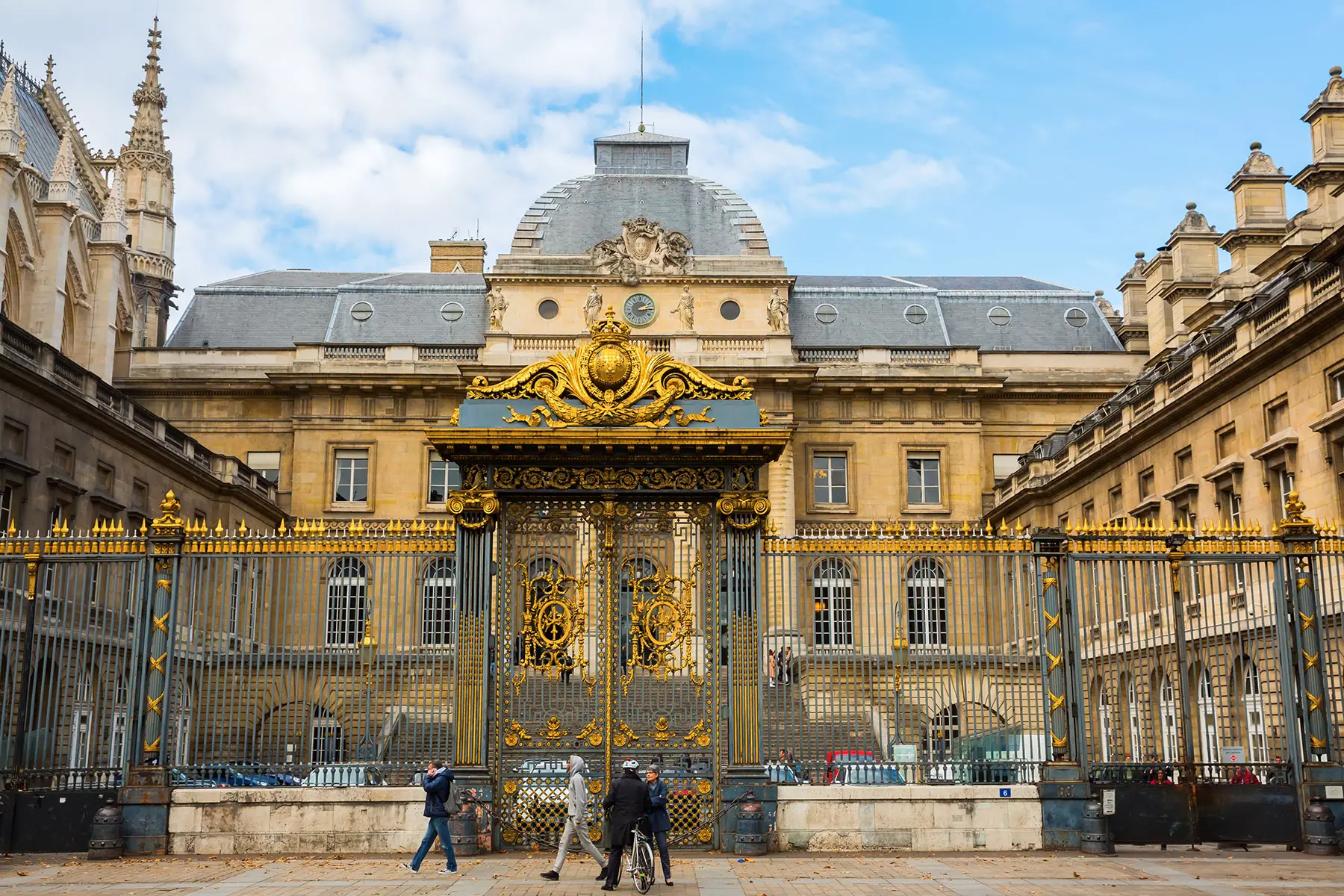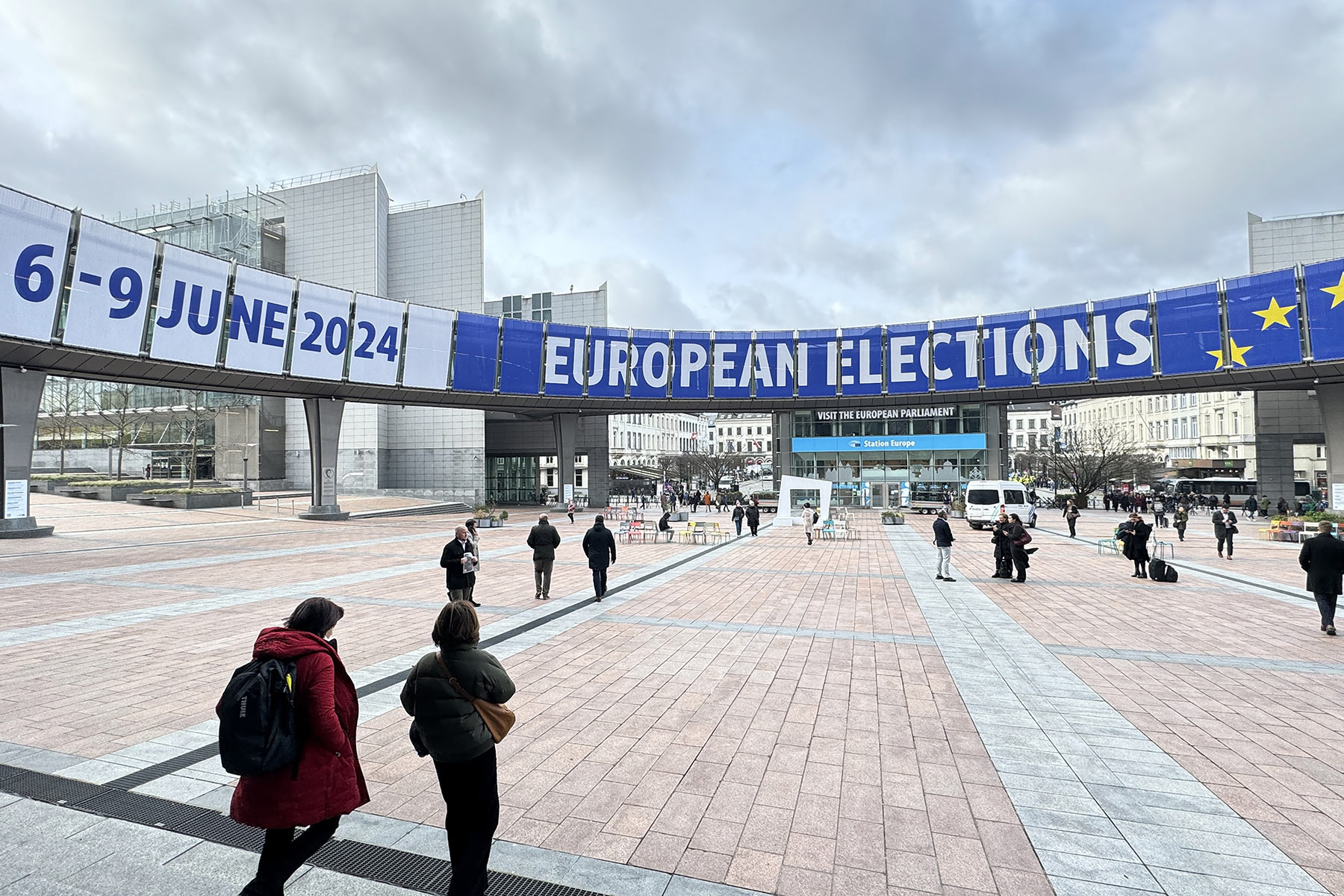When you are considering moving to another country, it is important to understand how the government and political system there works. It is also a good idea to grasp an understanding of the crime and legal system as well as human and civil rights, women’s rights, and LGBTQI rights. After all, these may be determining factors when it comes to deciding whether or not to move there at all.
If you happen to be thinking about moving to France, this guide will help you get to grips with how the government and political system works. It includes the following sections:
- The government and political system in France
- Who is currently in power in France?
- The main political parties in France
- La République En Marche!
- The Republicans ( Les Républicains )
- Democratic Movement ( Mouvement démocrate – MoDem)
- Socialist Party ( Parti socialiste )
- Union of Democrats and Independents ( Union des démocrates et indépendants – UDI)
- La France Insoumise
- French Communist Party ( Parti communiste français – PCF)
- National Rally ( Rassemblement national )
- Left Party ( Parti de Gauche )
- Europe Ecology – The Greens ( Europe Écologie Les Verts )
- The electoral system in France
- Voting in France
- Political representation in France
- The political history of France
- The judiciary system in France
- France and the European Union/EEA
- The state of the economy in France
- Grassroots politics and political activism in France
- Useful resources
The government and political system in France
With modern political institutions dating back to 1789, France is one of the birthplaces of modern democracy. The current French government runs according to the Constitution of the Fifth Republic, which was enacted in 1958. France is a republic and a parliamentary democracy and has a hybrid presidential/parliamentary political system. The head of state is the French President who appoints the Prime Minister (PM) as head of government.
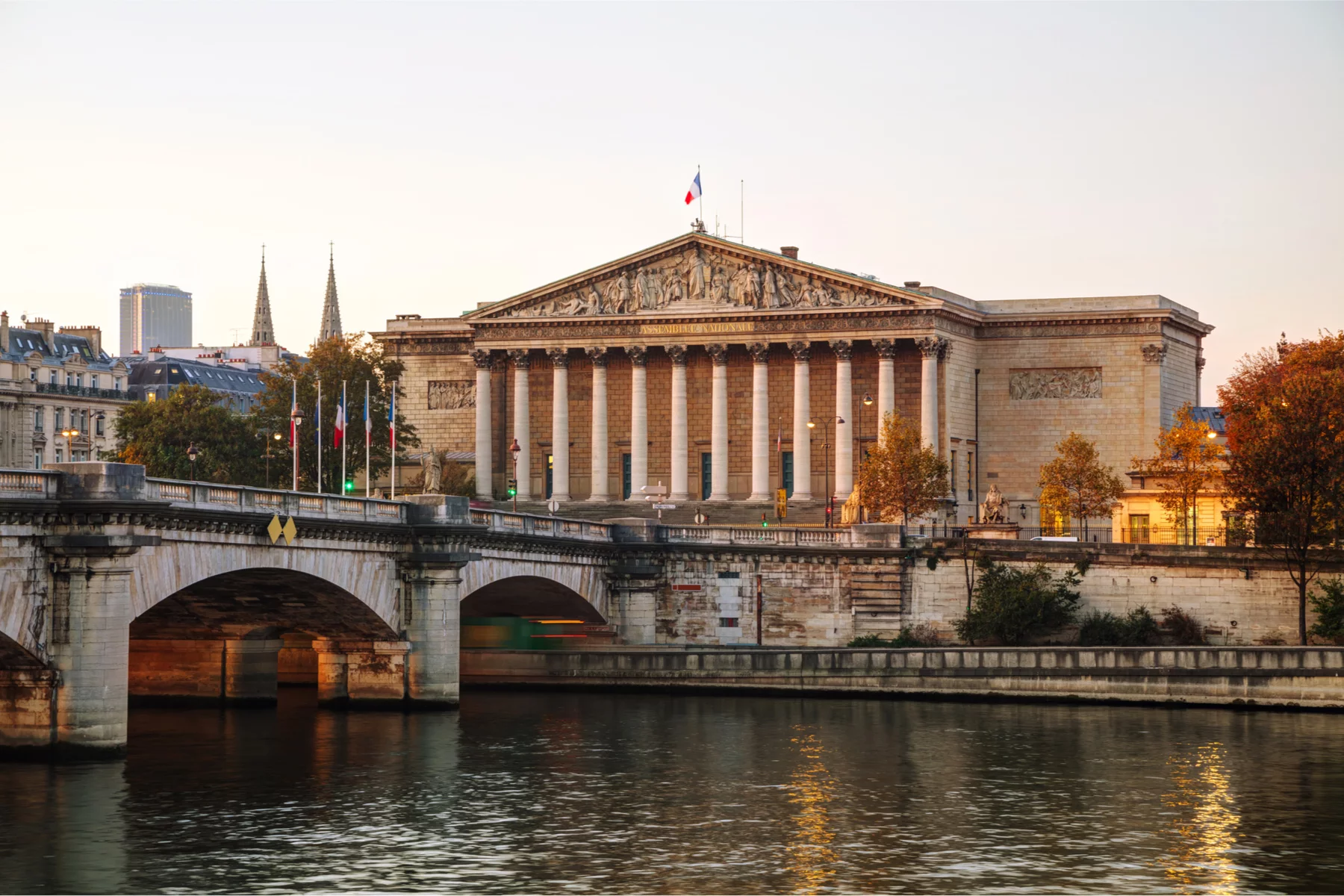
The French parliament is bicameral. The lower chamber is the National Assembly (Assemblée Nationale) which sits in the Palais Bourbon with 577 elected députés. The upper chamber is the Senate (Sénat) which sits inside the Luxembourg Palace. It has 348 senators elected by an electoral college of representatives. The Senate has been politically conservative in recent times, with a right-wing majority in all bar three years since 1958. Although the two chambers have similar powers, the National Assembly is the more prominent of the two.
The central French government is the main decision-making body in France and oversees policy development in areas such as healthcare, education, and public transport. However, there are three tiers of government below the national government that perform various administrative and legal functions: 18 regions (régions) including five overseas territories; 96 departments (départements); and around 35,000 communes.
France is 22nd on the 2021 Democracy Index and ranks as having a “flawed democracy.”
Who is currently in power in France?
France has both a president and a prime minister. The president is the head of state, the most powerful person in French politics, and generally the most well-known figurehead of the French government. The public elects the president who usually represents one of the French political parties. It is the responsibility of the French president to appoint a prime minister as head of government.
French prime ministers often don’t last the full parliamentary term, and many have resigned early for various reasons. While the president doesn’t have the power to dismiss prime ministers, they can ask for their resignation.

The current President of France is Emmanuel Macron, who came to power in 2017 with 66.1% of the vote. He was re-elected in 2022 with 58.5% of the vote. Macron represents La République En Marche! and beat Marine Le Pen of the National Rally (formerly the National Front) in the second round of voting.
In 2024 Emmanuel Macron appointed Gabriel Attal (formerly Minister of Education) as Prime Minister. He succeeds Élisabeth Borne and is the youngest French PM in recent history.
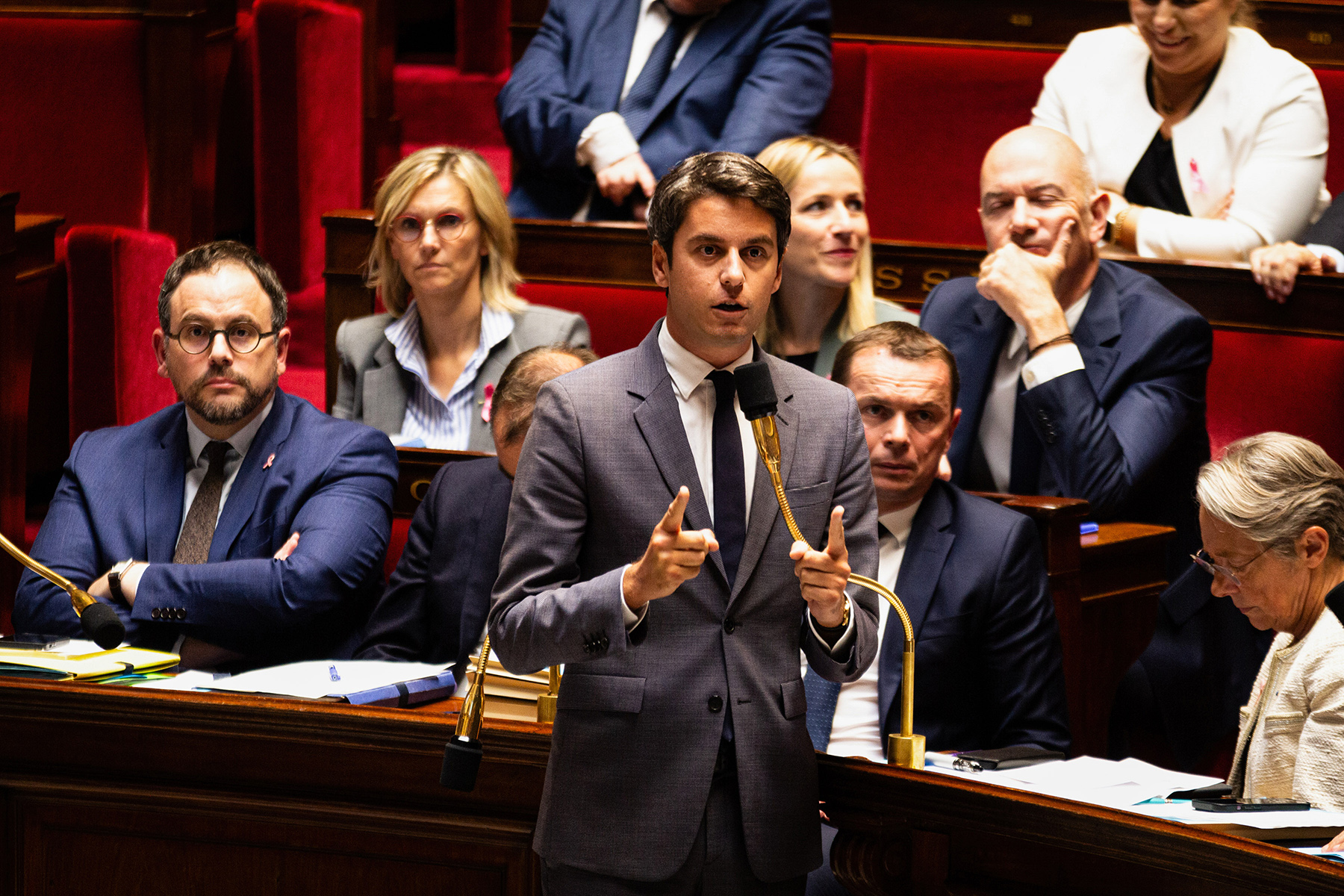
The French presidential election took place in April 2022, and the parliamentary elections are due to take place in June 2022. Current polling suggests that the Nouvelle Union Populaire (a coalition of left-wing parties) could win 33-34% of the vote in the first round of parliamentary elections, with the right-centrist Ensemble and Les Republicains taking another third. The rest of the vote is likely to go to far-right, regional, and independent parties.
The main political parties in France
Political parties in France can be confusing to an expat. This is because there are a plethora of parties across the spectrum, and they often fragment or mutate into a new party, form alliances with each other, or sometimes just dissolve. This contrasts with countries such as the UK or the US where a small number of parties have dominated for years.
Most French parties can be quite easily placed along the old left-right economic scale. Interestingly, in French politics, the term libéral tends to mean only economic (free-market) liberalism – the opposite of socialisme – rather than the social liberalism (civil rights, etc.) which is often referenced in American and British discourse.
Below is an overview of the current main political parties in France.
La République En Marche!
Meaning “Republic On The Move” in English, this party (often abbreviated to En Marche!) went from foundation to the most successful party in French elections in less than two years. The current French President Emmanuel Macron founded it in 2016 as a centrist liberal party. Similar to the Liberal Democrats in the UK, the party stands for economic and social liberalism, along with pro-Europeanism. However, the party has shifted towards the right since 2017.
In addition to Macron winning the 2017 and 2022 French presidential elections, En Marche! was the largest party in 2017’s parliamentary elections, winning 280 seats. It also holds 23 seats in the Senate.
The Republicans (Les Républicains)
The former French President, Nicolas Sarkozy, founded this mainstream conservative party in 2015. Belonging to the Gaullist political tradition, it rose from the ashes of the Popular Union Movement (Union pour un Mouvement Populaire – UMP). That itself was founded by another former president, Jacques Chirac, in 2002. The Republicans/UMP has been one of the major forces in 21st-century French politics.
The party covers a broad range of conservative ideologies ranging from liberal conservatism to neoconservatism. It formed a right-wing alliance with four other parties in the 2017 parliamentary elections but failed to win. However, it still holds a majority in the Senate. The party currently has 104 Assembly seats and 148 Senate seats. Its candidate in the 2022 French presidential election, Valérie Pécresse, came fourth in the first round of voting with 5%. The current leader is Christian Jacob.
Democratic Movement (Mouvement démocrate – MoDem)
MoDem was set up in 2007 by François Bayrou, who still leads the party. It is a successor to the Union for French Democracy (Union pour la démocratie française – UDF) and broadly follows the third-way ideology of social and economic liberalism as well as being a strong pro-Europe party.
The party’s similarities to En Marche! saw it join an alliance with Macron’s party in the 2017 parliamentary elections as well as support his successful presidential campaign that year. It continued this support for the 2022 presidential elections. It currently has 46 seats in the Assembly and 5 seats in the Senate.
Socialist Party (Parti socialiste)
The Socialist Party was once the main party on the left in France, although its support has declined in recent years. Founded in 1969 from an alliance of parties and organizations on the non-communist left, it has produced two French presidents – François Mitterrand (1981-86 and 1988-93) and François Hollande (2012-17).
Similar to mainstream left-wing parties elsewhere in Europe, the cornerstones of Socialist Party policy have been social democracy, Keynesian economics, and a strong welfare state. However, it has moved away from traditionally socialist policies over the years; for instance, it has allowed some privatization of the economy to take place.
The party has had poor electoral campaigns since 2017. In the 2022 presidential election, its candidate, Anne Hidalgo, came 10th. It currently has 25 Assembly seats and 73 Senate seats. The current leader is Oliver Faure.
Union of Democrats and Independents (Union des démocrates et indépendants – UDI)
Formed in 2012, the UDI is a liberal party. However, it is more classically liberal than En Marche! or MoDem. This places it more on the right-wing of the political spectrum and closer to conservative French parties. The party supported the Republican Party’s presidential candidate in the 2017 and 2022 elections and allied itself with right-wing parties in parliamentary elections. It currently has 18 seats in the Assembly and 42 seats in the Senate. Jean-Christophe Lagarde is the current party leader.
La France Insoumise
Founded in 2016, La France Insoumise – which translates as “Rebellious France” – is another new party in French politics. It pursues a radical democratic socialist platform that combines left-wing populism with eco-socialism. It is part of the Eurosceptic left.
Policies put forward by La France Insoumise include moving to a new Sixth Republic, exiting EU and NATO treaties, shutting down nuclear plants, and improving the rights and wages of workers. The party was founded by former Left Party co-president Jean-Luc Mélenchon, who came third in the 2022 French presidential race with 22%. It won 17 Assembly seats in the parliamentary elections in 2017.
French Communist Party (Parti communiste français – PCF)
Founded in 1920, the PCF was the major political force on the French left until the 1970s. However, nowadays it is less popular. The party is also less radical than some communist parties elsewhere in Europe. For example, it has participated in French governments in the past (1981-84 and 1997-2002).
However, one of the key goals of the party remains the eventual overthrow of capitalism along communist lines. It has also modernized its positions on several social issues in recent years and now supports LGBT rights, gender equality, and migrant rights. The PCF wants to replace the EU with a new communist-influenced European model.
The party has 12 Assembly seats and 14 in Senate. Its leader, Fabien Roussel, came eighth in the 2022 presidential election.
National Rally (Rassemblement national)
The National Rally was founded as the National Front (Front National) in 1972 by Jean-Marie Le Pen. It is now led by his daughter Marine, who rebranded the party in 2018. The party is the most prominent far-right party in France and one of the most well-known and long-standing in Europe. French nationalism is the platform for the party which campaigns on anti-immigration (particularly from Islamic countries) and a zero-tolerance approach to law and order.
The National Rally is also a Eurosceptic party, although it has moderated its stance. It now calls for EU reform rather than withdrawal as well as keeping the Euro and staying in the Schengen Area. Although Marine Le Pen was runner-up in the 2022 presidential election, the party has been less successful in parliamentary elections. It currently holds 6 Assembly seats and one Senate seat.
Left Party (Parti de Gauche)
Formed in 2009 as a split from the Socialist Party, the Left Party is another relatively new left-wing party; although quite old by French political party standards! It sits between the socialists and communists as a Eurosceptic democratic socialist party. One of its founders, Jean-Luc Mélenchon, left in 2014 and went on to found La France Insoumise. The party didn’t field a candidate in the 2017 presidential election but won 8 Assembly seats in the legislative elections.
Europe Ecology – The Greens (Europe Écologie Les Verts)
This party was formed in 2010 from a merger between The Greens and Europe Ecology. Similar to many other green movements, the party combines green environmental policies with social democratic economics, pro-Europeanism, social justice, and support for direct democracy. Its policies include phasing out nuclear energy and increasing income taxes.
The Greens have been more oriented towards local government in elections, holding positions on city councils and in the European Parliament. The party also has 7 seats in the Senate. Julian Bayou is the current leader.
The electoral system in France
French citizens vote in four types of elections: presidential, parliamentary, local, and European. National elections take place every five years whereas local elections (municipal, regional, and departmental) are usually every six years. Elections are always on a Sunday.
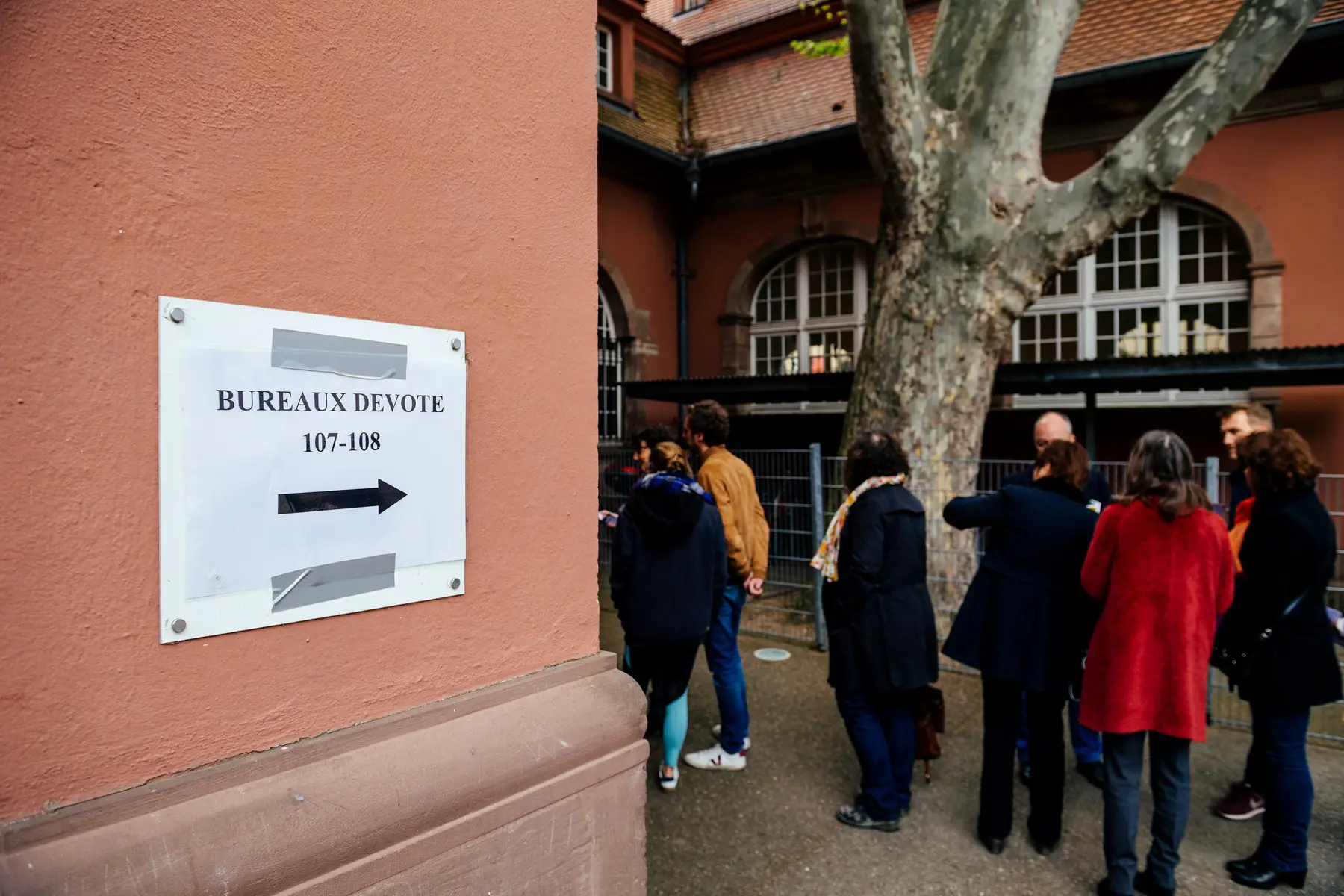
France is one of only two European democracies – the other being the UK – that doesn’t use a form of proportional representation (PR) in its elections. The French President and MPs are elected using the two-round system. If no candidate wins at least 50% of the votes in the first round, then a second round takes place on a different day.
In presidential elections, only the top two candidates from round one participate in a second round, head-to-head. All parties can field candidates if they get enough support, and independents can also stand. Some parties, particularly the smaller ones, often choose to support candidates of other parties rather than field their own.
In parliamentary elections, 577 MPs (députés) are elected in single-seat constituencies. Each voter gets a single vote. Only candidates with the support of at least 12.5% of eligible (rather than actual) voters progress to round two. The winner is then the candidate with the most votes in round two. Local elections in France use a mixture of two-round and PR voting.
The formation of French government
Following the national elections, the newly elected French President appoints the Prime Minister (usually the leader of the party, or coalition of parties, with the most Assembly seats) who will then form a new government. This consists of the Council of Ministers plus other ministers and Secretaries of State. Each ministerial appointment is subject to presidential approval.
There are currently 16 ministries in the French government. In contrast to countries such as the UK, the composition of the government in France is usually multi-party, even if one party wins an overall majority in the Assembly. Prime Ministers will often appoint politicians from supporting parties to ministerial positions.
Voting in France
All French citizens aged 18 and over can vote in French elections. EU citizens living in France can vote in local and European elections while non-EU residents in France need to become French citizens in order to vote.
Voter registration is automatic for French citizens when they reach 18. However, EU citizens need to register themselves. They can do this online or through their local town hall (mairie). You can check if you are registered to vote on the French public services website. Notably, some categories of convicted criminals don’t have voting rights and are ineligible to vote in any French elections.
On voting day, you need to visit your local polling station and bring either your voter registration card or valid ID. You can vote by proxy if you are immobile due to health circumstances or have certain other professional or family obligations. However, you will need to arrange this in advance of Election Day.
Political representation in France
Anyone eligible to vote can stand for election in France. This means that most French citizens can stand for election to the National Assembly while EU citizens can stand in local and European elections.
Interestingly, France was one of the first countries in the world to introduce gender quotas to improve female political representation. Consequently, each party needs to put forward a candidate list consisting of 50% women in most elections. This has increased the number of women in power, with a record number of female MPs elected in 2017. Currently, 40% of MPs (above the EU average of 32%) and 35% of French Senators are women.
There are currently 35 ethnic minority MPs in France, equating to just over 6% of the National Assembly. This is below the figure for minorities among the overall population, which is around 13 to 15%.
The political history of France
France’s modern political system dates back to the French Revolution and the creation of the National Assembly in 1789. This was the beginning of modern democratic politics in France.
However, the country had a tumultuous 19th century alternating between a republic and monarchic rule, and a brief period in 1871 where a workers’ commune established direct democratic rule in Paris. Its Fifth Republic began under Charles De Gaulle in 1958, with a new constitution that introduced the bicameral semi-presidential system and strengthened the powers of the French president. Early presidents of the Fifth Republic ruled for seven-year terms, however this was reduced to five in 2000.
France has remained a stable democracy during the Fifth Republic. That said, the French government has experienced crisis periods such as the 1968 protests which almost ended the de Gaulle presidency. Similar to the UK, it saw the collapse of its overseas empire in the immediate post-war years. This included a brutal war in its Algerian colony which was one of the main catalysts for the fall of the Fourth Republic.
Political power in the French modern era has alternated between center-right and center-left governments and presidents, often involving the participation of the more fringe parties.
The judiciary system in France
Similar to many democratic countries, France has a judiciary system that is separate from its two other branches of the state (executive and legislative). It follows a civil law system with laws primarily based on written codes; the oldest of which is the 1804 Napoleonic Code, and its own Constitution, as well as EU legislation. This contrasts with common law, which is largely based on case precedent.
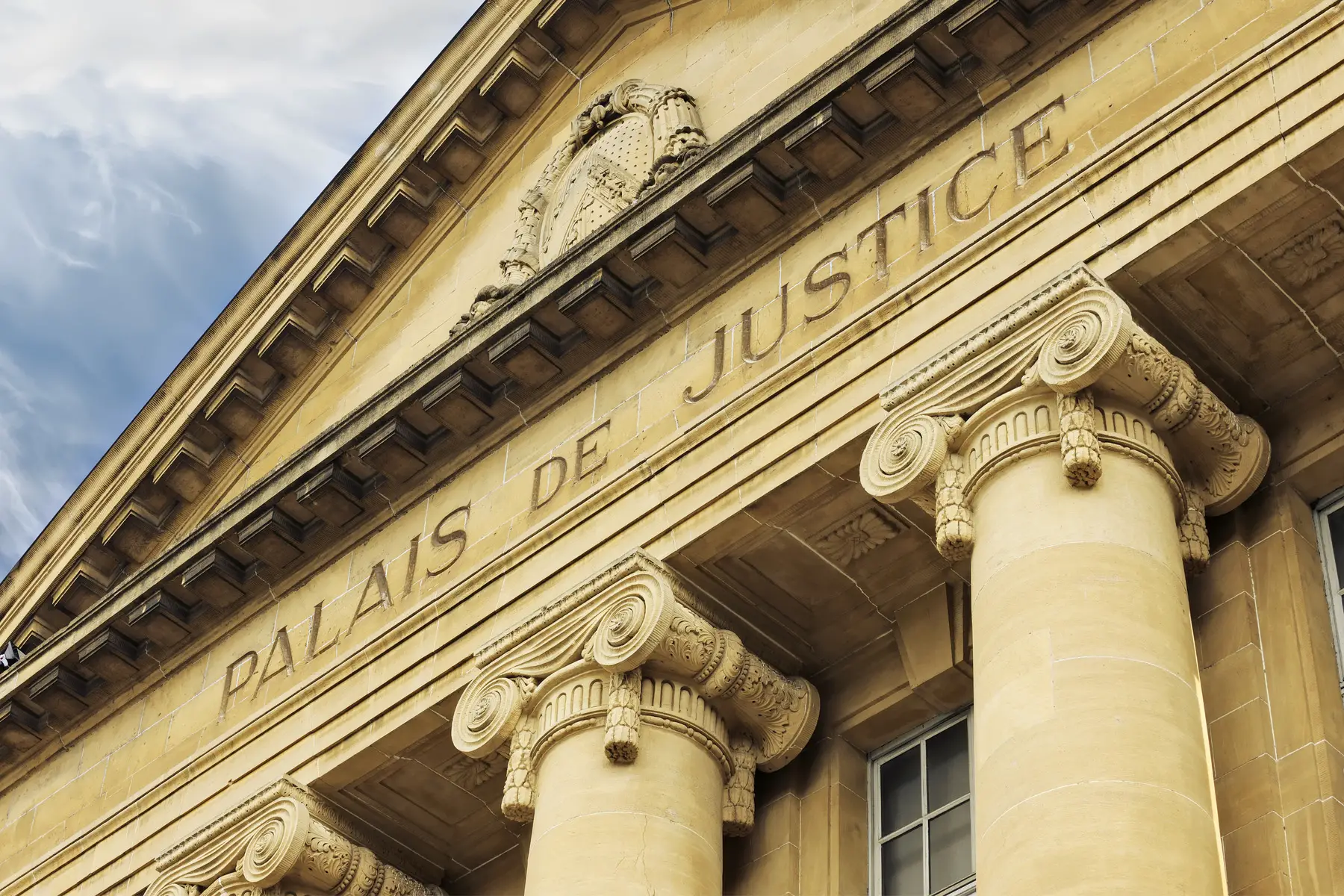
The French legal system consists of private law (droit privé) and public law (droit public). Private law deals with infringements by private individuals and bodies, whereas public law deals with infringements by the state and other public bodies.
Ordinary judicial courts deal with private law cases. These consist of three tiers, as follows:
- First degree courts dealing with most civil and criminal cases, including police courts (tribunaux de police), civil courts (tribunaux d’instance/grande instance) and criminal courts (tribunaux correctionnels).
- The Court of Appeal (Cour d’Appel) which deals with appeals from the lower courts.
- The Court of Cassation (Cour de Cassation), which is the highest court of appeal in France for criminal cases.
Public court cases are heard in administrative courts (tribunaux administratifs). The highest level administrative court in France is the Council of State (Conseil d’Etat) which is the Supreme Court for public law. There is also a Constitutional Council (Conseil constitutionnel) in France that practices judicial review.
France and the European Union/EEA
France is part of the EU, which means that French voters participate in elections at the European level. It is a founding EU member, having joined in 1958. It also belongs to both the Eurozone and the Schengen Area.
There are 74 French MEPs in the European Parliament, plus French representation on various committees and permanent representation in Brussels. French politician and businessman Thierry Breton is the European Commissioner for the Internal Market.
However, Euroscepticism is high in France and the possibility of a future “Frexit” cannot be ruled out. In fact, several parties on both right and left support either leaving or severely reforming the EU. Furthermore, the anti-EU National Rally won the 2019 European elections in France with 22 seats and 23.3% of the vote.
The state of the economy in France
France is one of the major global economic powers with a highly diversified market-oriented economy. It currently has a gross domestic product (GDP) of US$3.4 trillion, which works out to US$50,541 per capita after adjusting for purchasing power parity. The Gini Coefficient in France is 32.4, revealing moderate levels of inequality. Service sector output accounts for around 79% of GDP, and tourism is also strong, with France remaining the most visited country in the world as of 2020 (United Nations World Tourism Organization).
However, the COVID-19 pandemic impacted the French economy in 2020, with output down by 8.3%. That said, experts predict it will recover by 5.8% in 2021. Overall recovery has been slow and uneven, and the poorest sections of society have been affected the worst. However, unemployment has been fairly stable over the past couple of years, and currently stands at 8.1%.
Grassroots politics and political activism in France
France has a long-standing culture of grassroots activism and political protest, which has probably been a factor in the proliferation of French political parties over the years. Both left and right have been fairly effective at mobilizing citizens. There were numerous protests against the previous government’s austerity measures, including over 100,000 taking to the streets in 2015.
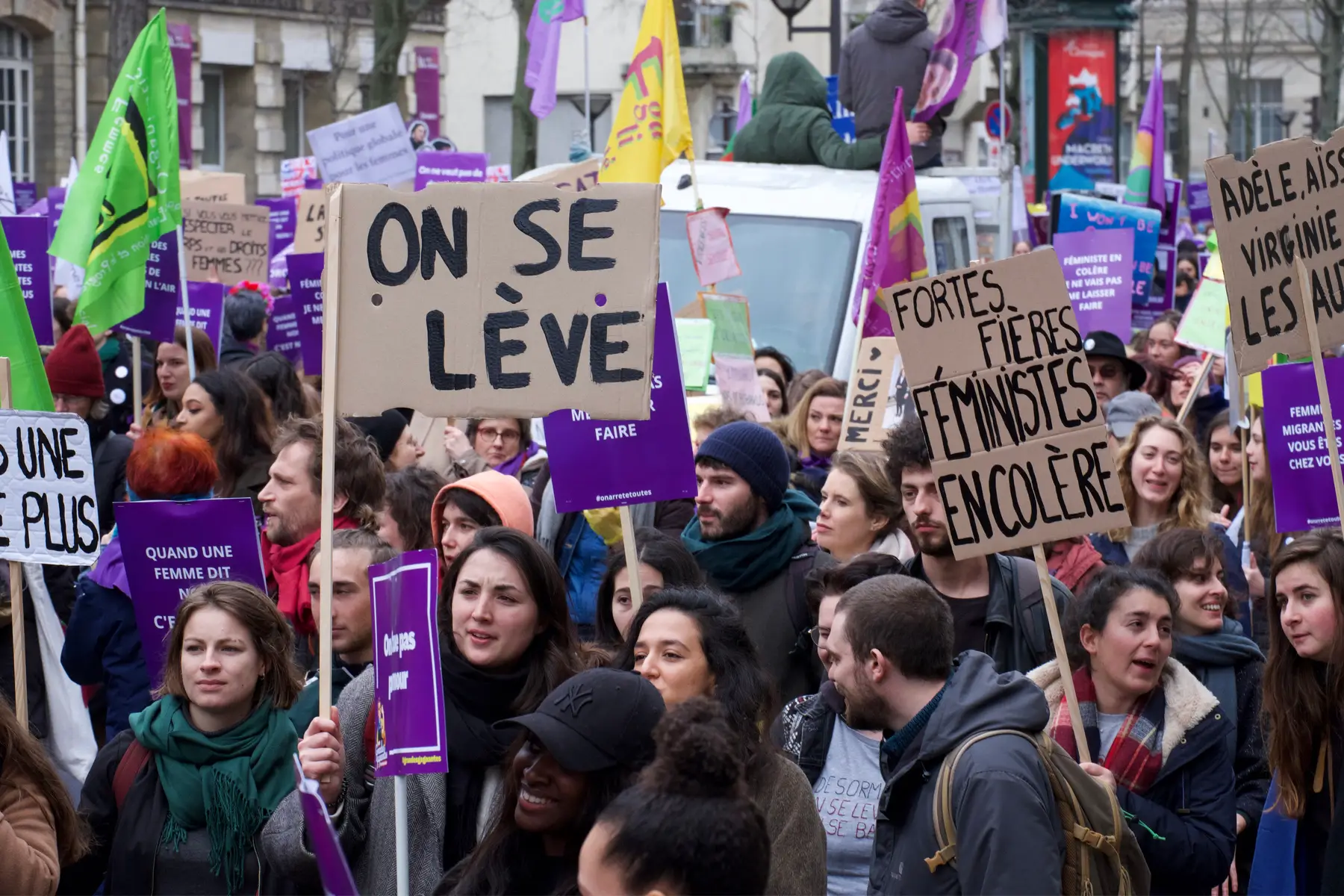
Since 2018, the so-called “yellow vests” (gilets jaunes) have also mobilized and protested regularly about a range of issues including fuel tax and pension reforms. The movement is associated with the populist right in France, although it attracts citizens from across the political spectrum.
Climate change is also inspiring citizen involvement. The global movement Extinction Rebellion is active in 14 areas of France. The country also held a Citizens’ Convention on Climate (Convention Citoyenne pour le Climat) in 2019-20, involving 150 citizens.
Ways to get involved in French politics or political/social causes include:
- Joining or starting a local activist group. You can search for groups in your area, or start your own, on Meetup.
- If you are an EU citizen, you can get involved in local politics. This could involve attending municipal or communal meetings or even standing to be a local councillor.
- If you work in France, you could join a trade union. Membership is only around 11% in France, however French unions have a fair amount of political power and are good at mobilizing workers.
Useful resources
- Gouvernement – the official French government website
- Service-Public – provides information about elections and voting in France
- Élysée – the official website of the French Presidency
- Assemblée nationale – the website of the National Assembly
